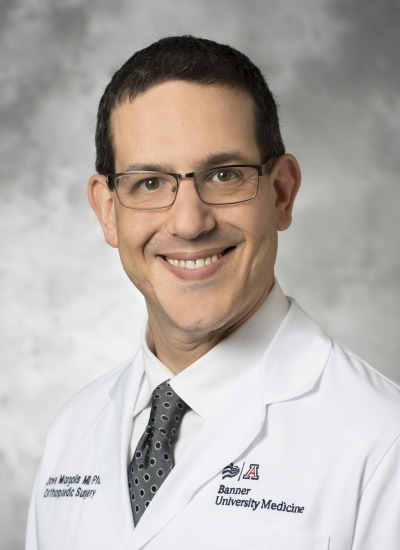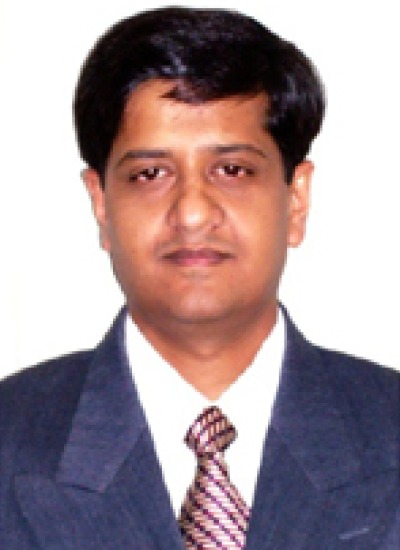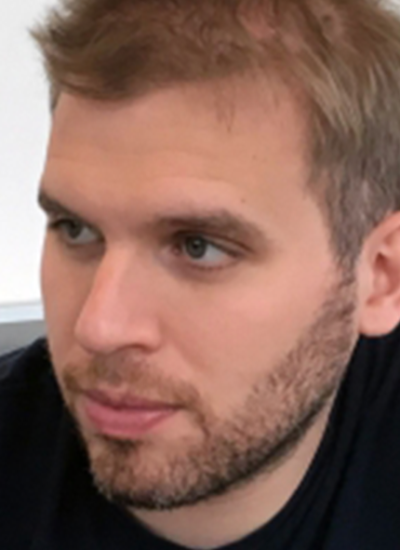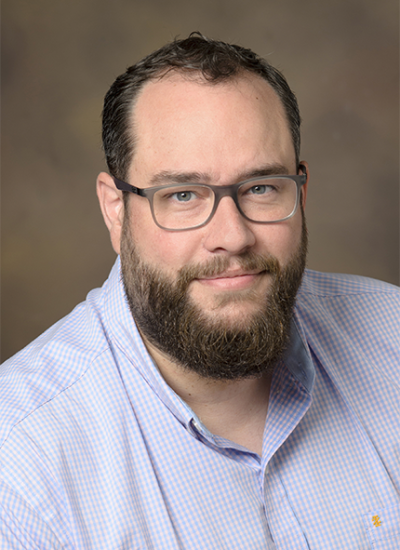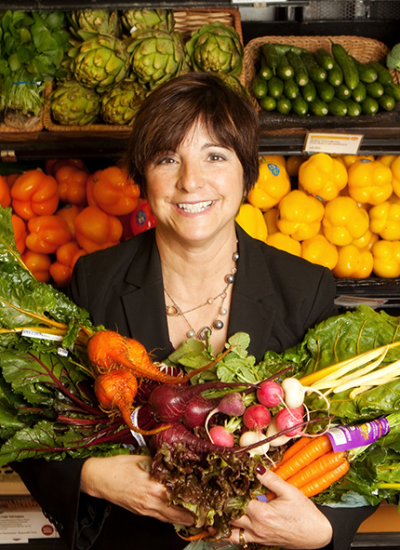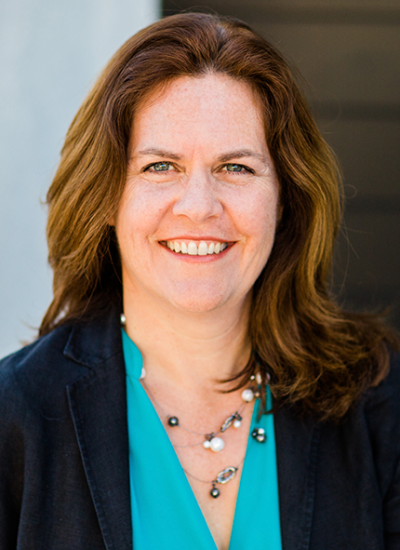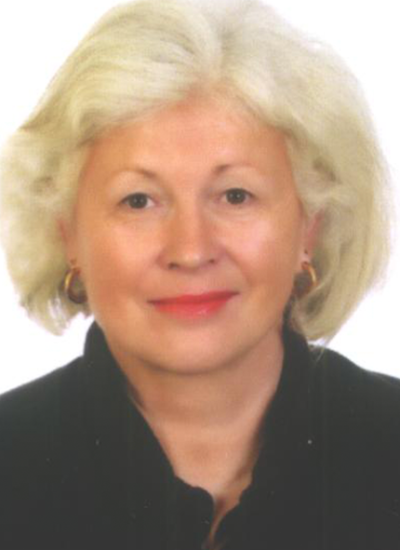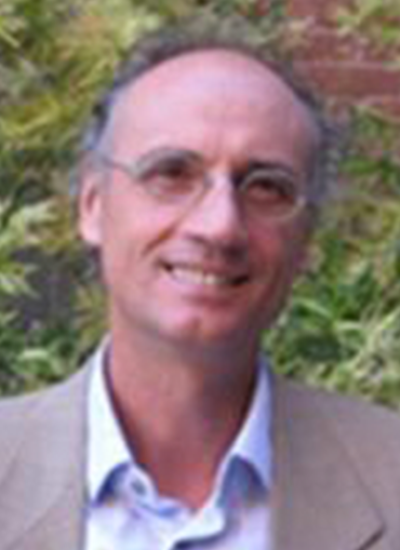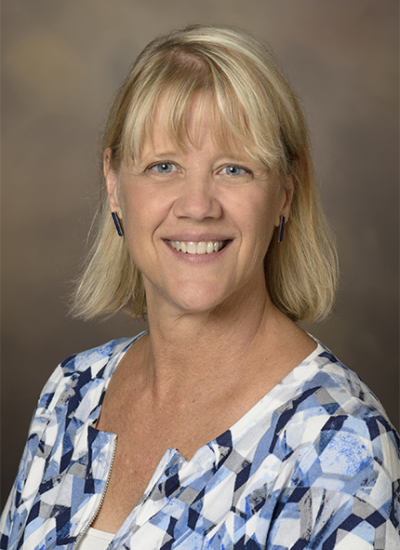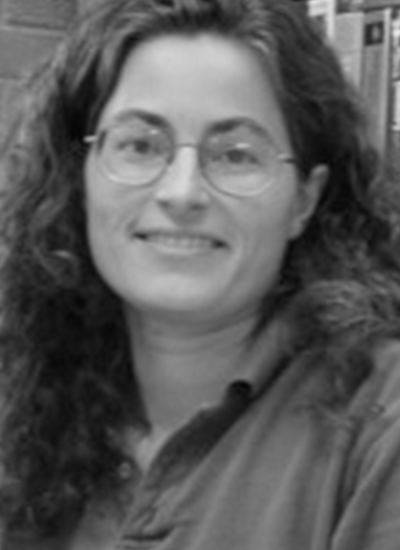Cancer
Assistant Professor, Orthopaedic Surgery
Assistant Professor, Biomedical Engineering
Assistant Professor, Physiology
Member of the General Faculty
Member of the Graduate Faculty
Primary Department
Department Affiliations
Contact
(520) 626-4024
Dr. Margolis is a board certified orthopaedic surgeon with sub-specialty certification in hand surgery. In addition to treating patients he oversees the Biomaterials and Tissue Engineering Laboratories within the Department of Orthopaedic Surgery.
Ravi Goyal
Professor, Clinical Obstetrics/Gynecology
Associate Professor, BIO5 Institute
Member of the General Faculty
Member of the Graduate Faculty
Primary Department
Department Affiliations
Contact
(520) 626-6043
Research Interest
Koenraad M Van Doorslaer
Associate Professor, Immunobiology
Assistant Professor, Virology
Assistant Professor, BIO5 Institute
Assistant Professor, Cancer Biology - GIDP
Assistant Professor, Genetics - GIDP
Member of the General Faculty
Member of the Graduate Faculty
Primary Department
Department Affiliations
Contact
(520) 626-9585
Research Interest
Curtis Thorne
Associate Professor, Cellular and Molecular Medicine
Assistant Professor, BIO5 Institute
Member of the General Faculty
Member of the Graduate Faculty
Primary Department
Department Affiliations
Contact
(520) 626-0395
Work Summary
We combine chemical and computer vision approaches to discover how regenerative tissues process environmental information to promote accurate cell fate decisions and prevent uncontrolled cell growth.
Research Interest
Cynthia A Thomson
Professor, Public Health
Director, Zuckerman Family Center for Prevention and Health Promotion
Distinguished Professor
Professor, Clinical Translational Sciences
Professor, Medicine
Professor, Nutritional Sciences Graduate Program
Professor, BIO5 Institute
Member of the General Faculty
Member of the Graduate Faculty
Primary Department
Department Affiliations
Contact
(520) 626-6317
Research Interest
Joyce A Schroeder
Professor, Molecular and Cellular Biology
Department Head, Molecular and Cellular Biology
Professor, Cancer Biology - GIDP
Professor, Genetics - GIDP
Professor, BIO5 Institute
Primary Department
Department Affiliations
Contact
(520) 626-1384
Research Interest
Monika Schmelz
Associate Professor, Pathology - (Research Scholar Track)
Associate Professor, Applied BioSciences - GIDP
Associate Professor, BIO5 Institute
Primary Department
Department Affiliations
Contact
(520) 626-8864
Work Summary
We are studying how tumor cells escape immunosurveillance, a hallmark of cancer, in aggressive lymphomas. MHCII is a protein important for immunosurveillance. We are studying the underlying mechanisms of altered regulation of MHCII in lymphoma cells and its effects on tumor immunosurveillance.
Research Interest
Donato Romagnolo
Professor, Nutritional Sciences
Associate, Center for Toxicology
Professor, Animal and Comparative Biomedical Sciences
Professor, Cancer Biology - GIDP
Professor, BIO5 Institute
Primary Department
Department Affiliations
Contact
(520) 626-9108
Research Interest
Cynthia Miranti
Professor, Cellular and Molecular Medicine
Chair, Cancer Biology - GIDP
Co-Program Leader, Cancer Biology Research Program
Member of the Graduate Faculty
Professor, BIO5 Institute
Primary Department
Department Affiliations
Contact
(520) 626-2269
Research Interest
Katrina M Miranda
Associate Professor, Chemistry and Biochemistry-Sci
Associate Professor, BIO5 Institute
Primary Department
Department Affiliations
Contact
(520) 626-3655
Work Summary
We seek to produce new drugs that harness molecules produced during the natural immune response in order to treat cancer and pain. Such compounds may also provide new treatments for heart failure and alcoholism.
Research Interest
Pagination
- Page 1
- Next page


